Nearly a month after a deadly assault on Zamzam displacement camp in North Darfur, tens of thousands of survivors remain stranded in Tawila, facing dire shortages of food, water, shelter and medical care.
As fighting intensifies around el-Fasher, waves of newly displaced families are arriving daily, many in critical condition, according to the aid group Doctors Without Borders (MSF).
The April attack, reportedly carried out by the paramilitary Rapid Support Forces (RSF), devastated Zamzam, a camp already classified as being in famine since August 2024.
Many who fled are severely malnourished, wounded, or traumatized. Local medical facilities, including the MSF-supported hospital in Tawila, are overwhelmed.
“They came with their machineguns. They attacked and killed people – including children,” said Mariam, a 40-year-old mother who fled Zamzam with her extended family of 20.
“Even before the attack, people had died of thirst and starvation.” Now, the family survives under a makeshift shelter, sharing one blanket and one jerrycan of water among them.
Displaced families now populate once-empty fields around Tawila. Many describe brutal violence during their escape, including looting and extrajudicial killings.
One man, Ibrahim, carried two children on foot for five days. “We’re lacking water, shelter … everyone is hungry,” he said.
The humanitarian infrastructure in Tawila is buckling. MSF has set up health posts to provide emergency care, but demand far exceeds capacity.
Over three weeks, MSF treated 779 patients – 138 of them children – with gunshot and blast wounds. One of the youngest was a 7-month-old infant struck by a bullet.
“The emergency room was overwhelmed,” said Tiphaine Salmon, MSF’s head nurse. “At one point, we had four patients per bed.”
Children arriving from Zamzam are particularly vulnerable. MSF’s intensive therapeutic feeding center saw admissions for severe malnutrition in children under 5 rise tenfold after April 12. Many arrive alone, separated from their parents or orphaned.
Compounding the crisis is a suspected measles outbreak, first detected in Tawila in March. MSF has treated over 900 cases, 300 of which required hospitalization.
Despite a large-scale vaccination effort that reached 18,000 children, new suspected cases are emerging among newly arrived children from Zamzam – signaling the disease has begun to spread within the displacement sites.
In overcrowded areas lacking sanitation and clean water, measles and malnutrition pose a deadly combination for young children. MSF warned the health risks are escalating daily.
While humanitarian organizations have stepped up efforts – MSF now supplies 100,000 liters of clean water daily, distributes 16,000 meals daily through local kitchens, and plans to build 300 latrines – relief remains insufficient. A mass food distribution has begun, but resources are stretched thin.
MSF called on United Nations agencies to urgently scale up their presence in Tawila to meet the growing needs.
Without immediate action, aid workers feared that many more would die not from the violence they fled, but from the humanitarian collapse now gripping those who survived.

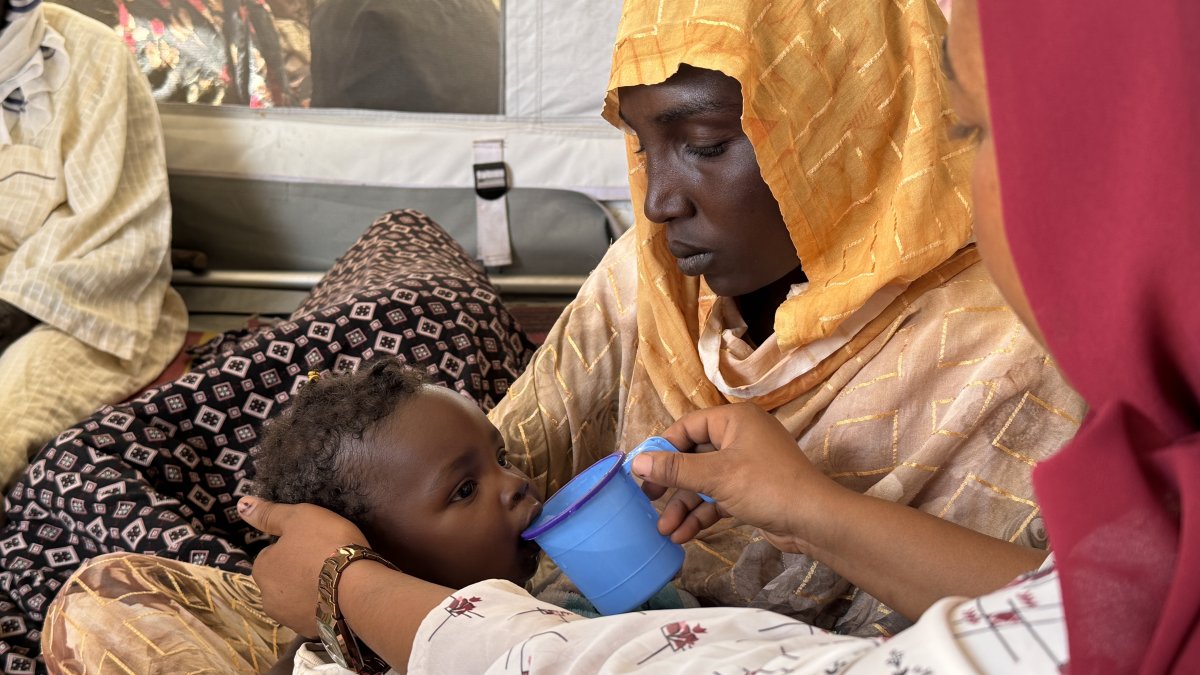


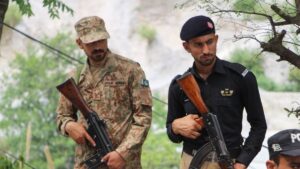






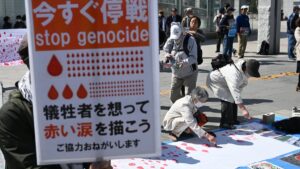
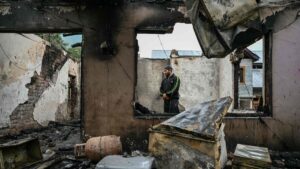


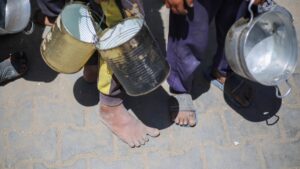
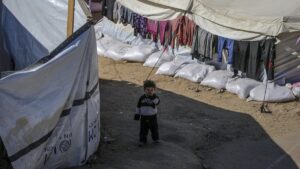
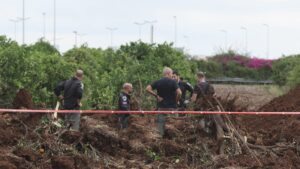













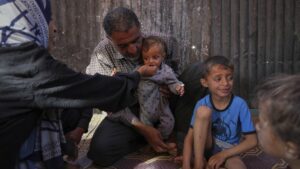

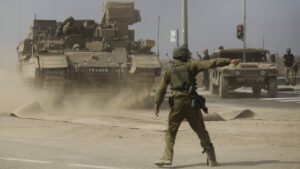



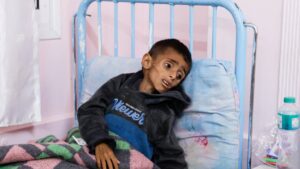

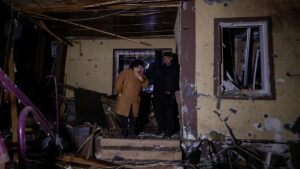


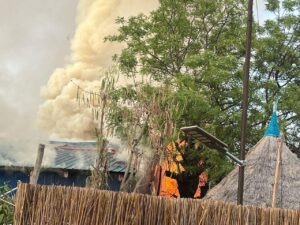

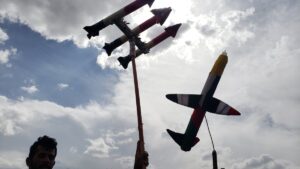

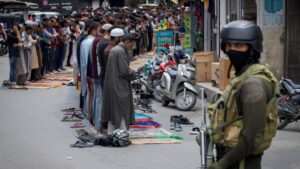


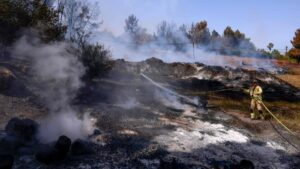
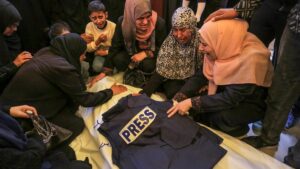

Be First to Comment